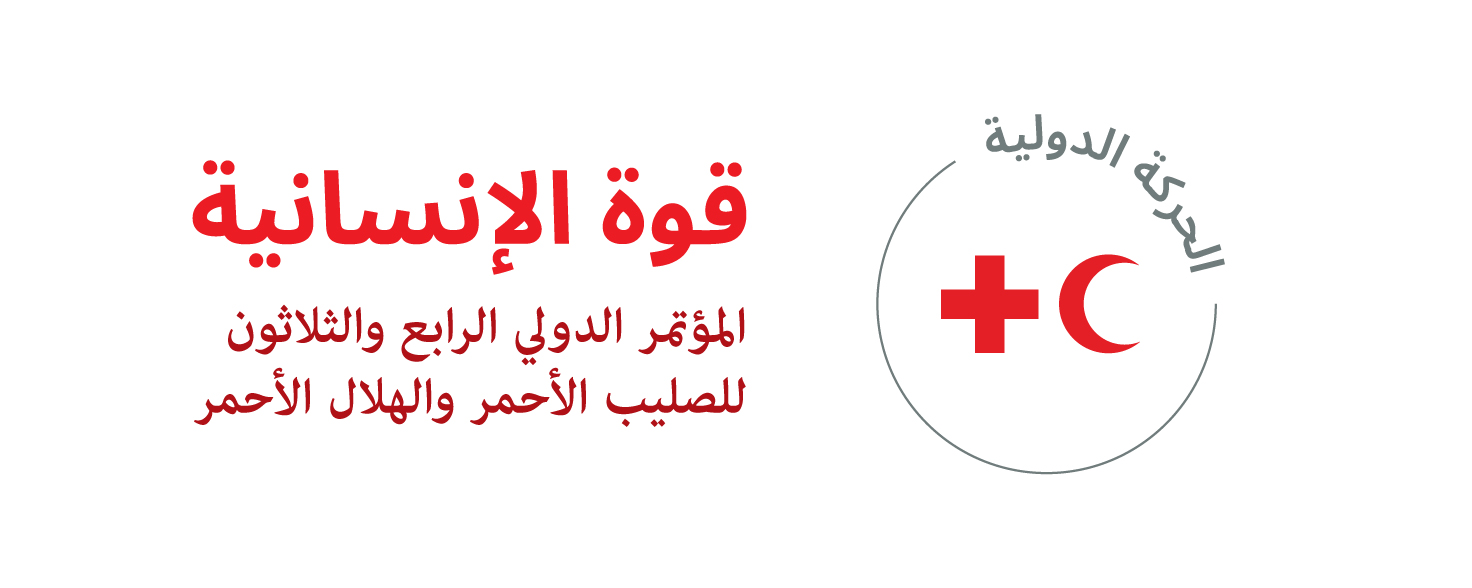أ) أهداف التعهد
Insufficient respect for and observance of the rules of international humanitarian law (IHL) remains an abiding problem, despite recent efforts to improve the prevention, cessation and repression of IHL violations.
Anti-personnel landmines, cluster munitions, improvised explosive devices and explosive remnants of war continue to pose a serious threat to people’s life and health.
Proper training in, dissemination and implementation of IHL especially in peacetime, is required to ensure better compliance with IHL in time of armed conflict.
The EU and its Member States pledge, to:
- use the available mechanisms at national, regional and international level for strengthening respect for IHL and continue to explore opportunities, both legal and operational, to improve IHL compliance;
- strengthen the visibility and coherence of EU action for the promotion of IHL and, in this respect, continue to support the work of the European Union Special Representative for Human Rights, whose reinforced mandate includes contributing to the implementation of the Union’s positions in the area of promoting compliance with IHL;
- improve implementation of IHL, strengthen cooperation with their respective National Red Cross Societies, which, under the Statutes of the International Red Cross and Red Crescent Movement, have a recognized role in assisting their governments in disseminating IHL, and cooperating with them to ensure respect for IHL;
- further support the implementation of relevant non-proliferation, disarmament and arms control treaties in order to ensure respect for IHL;
- advocate, as appropriate, in support of international instruments seeking to address humanitarian hazards of explosive remnants of war, cluster munitions, improvised explosive devices and anti-personnel landmines.
The EU, and its Member States and the EU National Red Cross Societies pledge to, according to their respective mandates, and in commemoration of the 70th anniversary of the adoption of the 1949 Geneva Conventions:
- adopt the necessary legislative, administrative and practical measures to ensure and further strengthen domestic implementation of IHL;
- strengthen their efforts to promote and disseminate IHL inside and outside the EU, in particular to the armed forces, as well as armed non-state actors, humanitarian and medical personnel, including local humanitarian actors and other groups or individuals who may encounter the application of IHL in their work;
- promote and strengthen the role and work of National IHL Committees and cooperation amongst themselves.
ب) خطة العمل:
The EU will:
- issue annual reports on the implementation of the EU Guidelines on promoting compliance with IHL;
- continue to use the tools set out in the EU Guidelines on promoting compliance with IHL, monitor the progress of their implementation, and take, as necessary, measures to enhance their impact.
The EU and its Member States will:
- continue to advocate for compliance with IHL in relevant multilateral and bilateral fora;
- raise awareness of the potential of the International Humanitarian Fact-Finding Commission (IHFFC) and of its working methods, as appropriate, by contributing to enhance the visibility of the IHFFC and by encouraging the resort to this Commission;
- prioritize robust and transparent reporting, where applicable, in accordance with the provisions of treaties in the field of non-proliferation, disarmament and arms control;
- fully apply – at domestic level – the IHL related provisions of the Arms Trade Treaty consistently with the principles regarding respect for IHL in arms transfers as enshrined in EU Common Position 2008/944/CFSP on arms export;
- ensure that personnel of EU missions, civilian and military, are adequately trained in IHL.
According to their respective mandates, the EU and its Member States and the EU National Red Cross Societies will:
- compile national practice on the implementation of IHL and share such practice, for example, when possible, in the form of national implementation summaries and utilize these compilations to explore ways in which to develop the effective implementation of IHL;
- share best practices amongst EU Member States and with third States in the area of IHL promotion, dissemination and implementation;
- promote and share positive examples of respect for IHL, and highlight its relevance to the general public;
- offer assistance to third countries wishing to ratify and implement IHL treaties and/or to increase awareness-raising and dissemination efforts and encourage them to adopt relevant national legislation pertinent to their IHL obligations;
- support adequate training and other measures towards ensuring IHL compliance, both in peacetime and during armed conflict, in the processes of relevant actors, including amongst third States and armed non-state actors that are parties to an armed conflict;
- co-operate in promoting and disseminating IHL within the armed forces, for example by assessing ways in which the ICRC’s “Roots of Restraint in War” study and the forthcoming revised “Guidelines for the Protection of the Natural Environment in Situations of Armed Conflict” can be used to enhance dissemination within the armed forces;
- continue efforts in promoting and disseminating IHL to civilian personnel involved in crisis management in situations of armed conflict, through training sessions addressing their specific needs;
- support the development, use and sharing of innovative forms of dissemination, utilizing digital technology and new media formats, which also allow to better reach civilian populations directly affected by armed conflict;
- strive for a gradual development and regular use of an electronic database related to the national legislation on the implementation of IHL, which would also be a useful dissemination tool;
- support the establishment of National IHL Committees where they do not yet exist and make better use, as applicable, of the potential of the National IHL Committees in the field of IHL promotion and dissemination, including international and regional cooperation of national committees on IHL;
- offer advice and assistance to States in establishing and functioning of National IHL Committees;
- promote the official translations of IHL treaties into national languages;
- exchange best practice on the establishment, functioning and working methods of National IHL Committees.
ج) مؤشرات قياس التقدم المحرز
–
د) الآثار المترتبة على الموارد:
–



